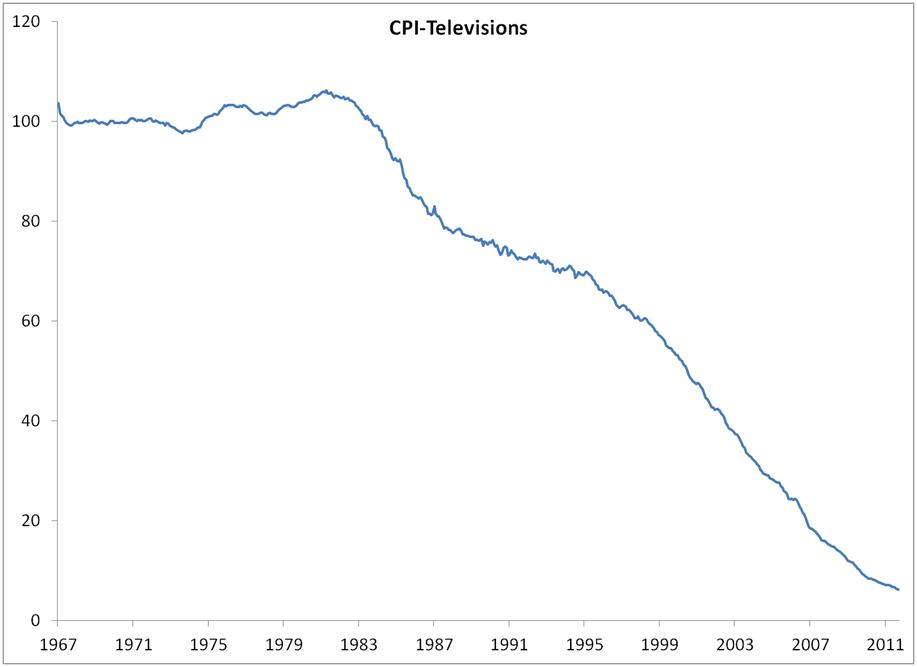ZOMG! We'll never produce another car in this country again!!! We'll never produce another widget because the Chinese can produce it cheaper. And then they'll jack the price up and we'll have forgotten how to make widgets! ZOMG! ZOMG!!
You understand that competition means people entering industries where profits are to be had, right?
You do understand that the profits are primarily being made from our pockets, right?
That the US is a consumer nation, and that there's a massive trade imbalance right now, right?
If we're paying less for a product, how is that a problem? You understand there is no imbalance, right? What are the Chinese going to do with the dollars they have earned?
What is the problem of a "massive trade imbalance"? If Apple buys chips from Taiwan for $65 and turns it into an iPod and sells it for $250 who is losing out here?

